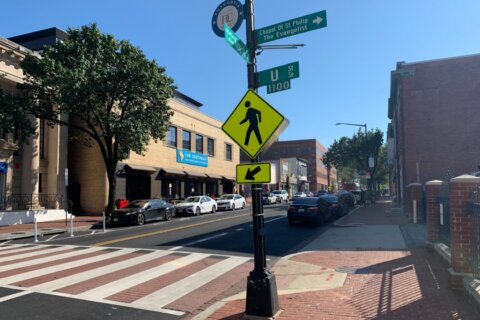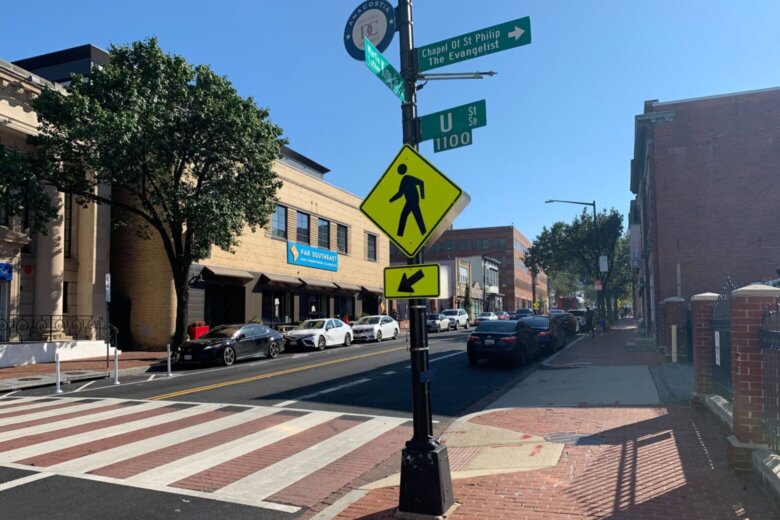The D.C. Council took steps Tuesday that effectively extended several emergency crime bills through the spring, but many people who live in areas most impacted by crime don’t feel the work the city has done so far is helping.

When asked if she’s seen improvement, Trace Cobb, who lives in the Anacostia neighborhood, said, “Absolutely not.”
As she walked down Martin Luther King Jr. Avenue, she pointed out the spot where a recent shooting occurred and said she’s feared for her life several times.
“There have been several times I’ve had to dive on the ground,” she said.
Cobb said she would like to see more of a police presence in the neighborhood.
According to D.C. police, homicides are up 38% in the city so far this year, with a total of 216 killings.
Also in the District this year, there have been 757 carjackings — that’s up more than 100% over the same period last year, and according to an interactive crime map provided by the city, Wards 7 and 8 see most of the cases.
One man who didn’t want to share his name due to concerns for his safety said he has been carjacked twice this year — both times, the carjackers were teenagers. He said, during the most recent instance, the teenager pointed a gun at him and he recalled seeing the green dot from the gun’s sight on his chest.
“It’s scary out here,” he told WTOP.
Some of the legislation this year includes changes that make it easier for judges to hold adults suspected of violent crimes before trial, and make it a felony to fire a gun in public.
While he understands it takes time for legislation to work, he said improvements are not coming fast enough.
“I don’t want to say there’s no hope but, man, it’s so hard,” he said.
He called for more police officers to come into the community and get to know people. He also said he would like city officials, including the mayor, to come out into Wards 7 and 8 more often and talk to residents.
Marbury Baker of Southeast said he also doesn’t feel the steps taken have made the streets safer. He said the city needs to fast-track projects which would provide safe activities for teenagers, including the addition of more recreational centers.
“They need to give the youth something to do,” Baker said.
“It’s really gotten worse,” said Belinda Robinson of Southeast. “And it’s like nobody cares.”
She said her community often feels forgotten. She urges those in charge to visit the hardest-hit areas more frequently — before things worsen.
“Go to Ward 7, go to Ward 8, make yourself more visible,” Robinson said. “What are we going to do? Wait until we lose the war? Because it is a battle.”









